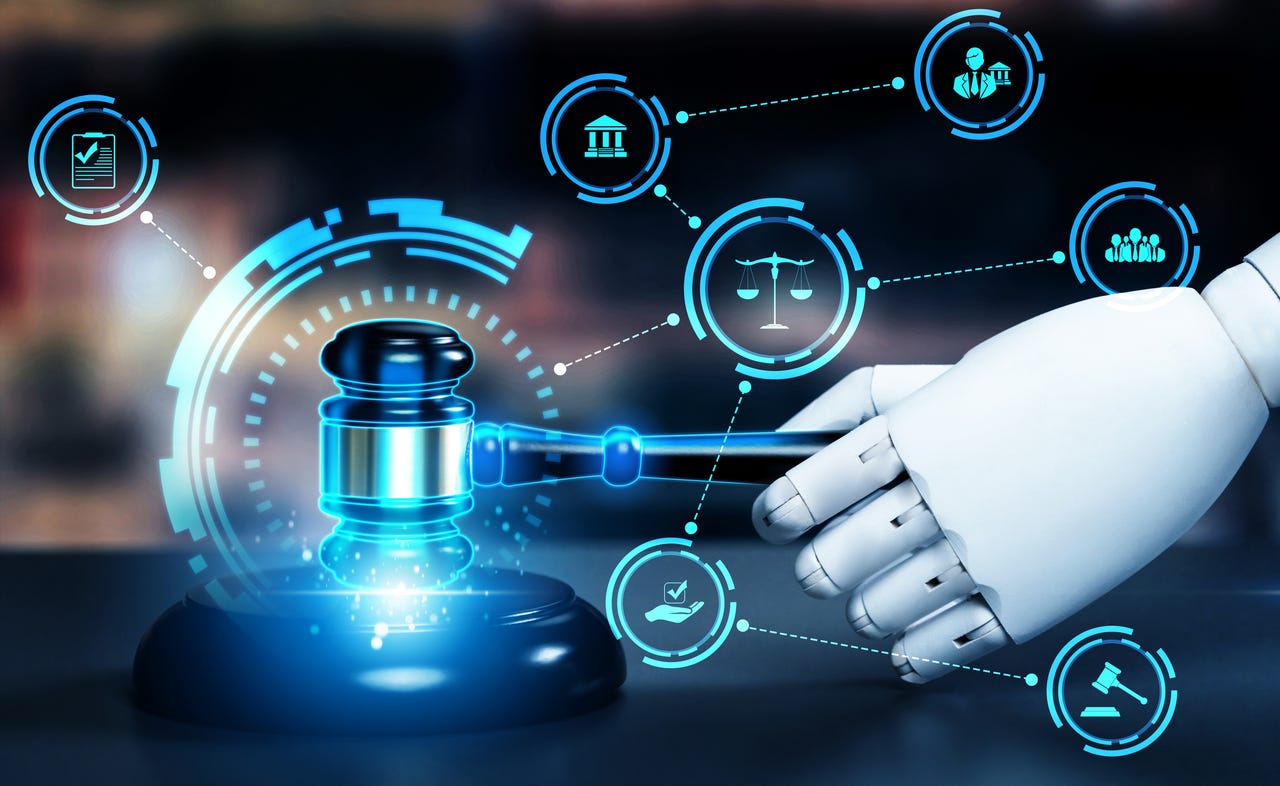3 bipartisan bills aiming to regulate AI hit Congress this week: Here's what we know


This week, US congress members introduced three bipartisan bills addressing artificial intelligence, its risks, and the US's place in the AI race.
One bill introduced in the US House of Representatives would require transparency when people interact with generative AI. A bill introduced in the Senate would ensure the US leads innovation within the AI, semiconductor, and quantum computing industries.
Also: ChatGPT's hallucination just got OpenAI sued. Here's what happened
Another bill introduced in the Senate would require government agencies to disclose to the public when an agency is using AI.
"The federal government needs to be proactive and transparent with AI utilization and ensure that decisions aren't being made without humans in the driver's seat," Senator Mike Braun said in a statement.
The House bill, The AI Disclosure Act, was introduced by Representative Ritchie Torres and would help the government regulate misinformation from images and text created by generative AI.
Also: The best AI chatbots
"Disclosure is by no means a magic bullet, but it's a common-sense starting point to what will surely be a long road toward federal regulation," Torres said in a statement.
In March, former president Donald Trump was indicted for allegedly paying a porn star hush money. Images of him being arrested by a mob of New York police officers went viral online. The photos were produced by Midjourney, an image generator that uses generative AI to create realistic images.
Also: How to use Midjourney to generate amazing images and art
Before the images' legitimacy could be debunked, millions came across them and believed they were real, sparking tense political discourse. Torres's bill would be enforced by the Federal Trade Commission, which would hand out fines for entities that violate the disclosure requirements.
The House bill is still in the early stages of development, and there are many questions to be answered before it passes the lower chamber of Congress.
The Senate bill, The American Technology Leadership Act, aims to create a government entity to encourage American innovation and keep the country at the forefront of technological advancements.
Also: Singapore identifies six generative AI risks, sets up foundation to guide adoption
The Office of Global Competition Analysis would be a committee of government personnel from many government agencies. The committee would utilize federal intelligence, commercial data, and national security policies to decide which technologies are most important to US economic growth, national security, and industry dominance.
For geopolitical reasons, Washington has taken steps to curb China's access to American-made semiconductor chips and chip-making equipment.